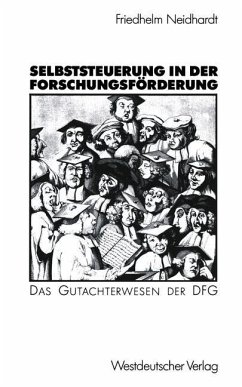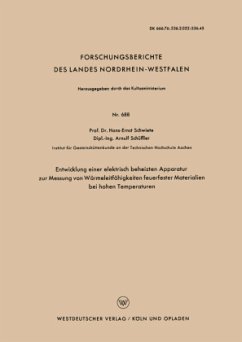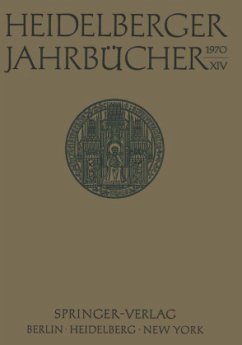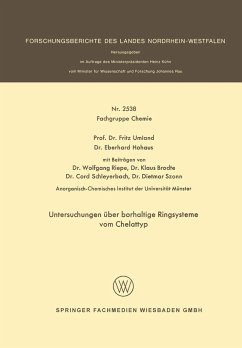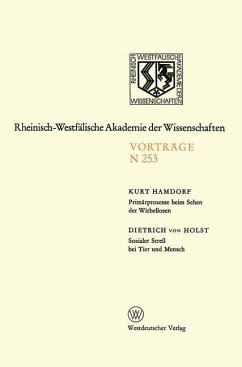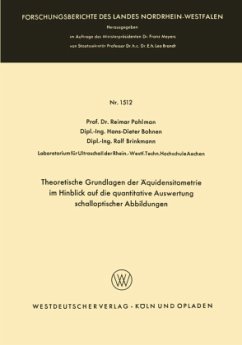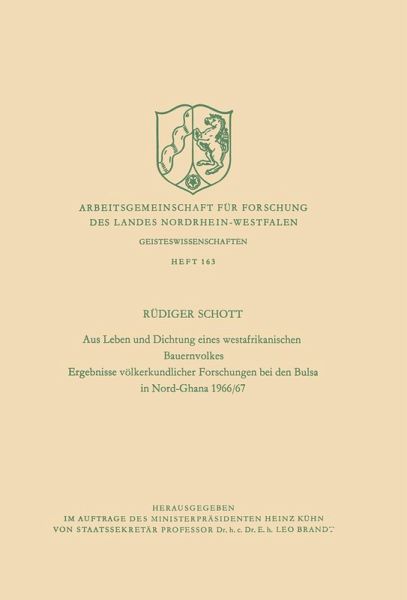
Aus Leben und Dichtung eines westafrikanischen Bauernvolkes
Ergebnisse völkerkundlicher Forschungen bei den Bulsa in Nord-Ghana 1966/67

PAYBACK Punkte
0 °P sammeln!
In 1785 Johann Gottfried Herder lamented the dearth of accurate infor mation concerning the peoples of Africa. His assertion is true even today of wide areas of this continent, despite developments in the sciences per taining to Africa, in which Germany lags far behind many other countries. Not only the need for a better understanding of the problems of Africa's peoples in the face of present-day radical social and cultural change, but our historical interest in the traditional ways of life, in the religious beliefs, and the arts and crafts, which, within a few decades, will belong irrevocably...
In 1785 Johann Gottfried Herder lamented the dearth of accurate infor mation concerning the peoples of Africa. His assertion is true even today of wide areas of this continent, despite developments in the sciences per taining to Africa, in which Germany lags far behind many other countries. Not only the need for a better understanding of the problems of Africa's peoples in the face of present-day radical social and cultural change, but our historical interest in the traditional ways of life, in the religious beliefs, and the arts and crafts, which, within a few decades, will belong irrevocably to a forgotten past, demand of us systematic research into the world views, the norms and the patterns of behaviour of numerous still scarcely known ethnic groups. This article is based on part of the ethnographie material collected by the author among the Bulsa of Northern Ghana between September, 1966 and April, 1967. It represents an attempt to disco ver whether the poetry and stories ofthis West African farming people can be used as a means to explore their value system and their conception of environmental and social "reality". But to understand these songs and stories, we must also understand the traditional religious customs and beliefs and the economic and social orders of this society. Our previous knowledge of this ethnic group, which numbers between 60,000 and 70,000 people, was limited to a few remarks by Cardinall, Tauxier and Rattray.



